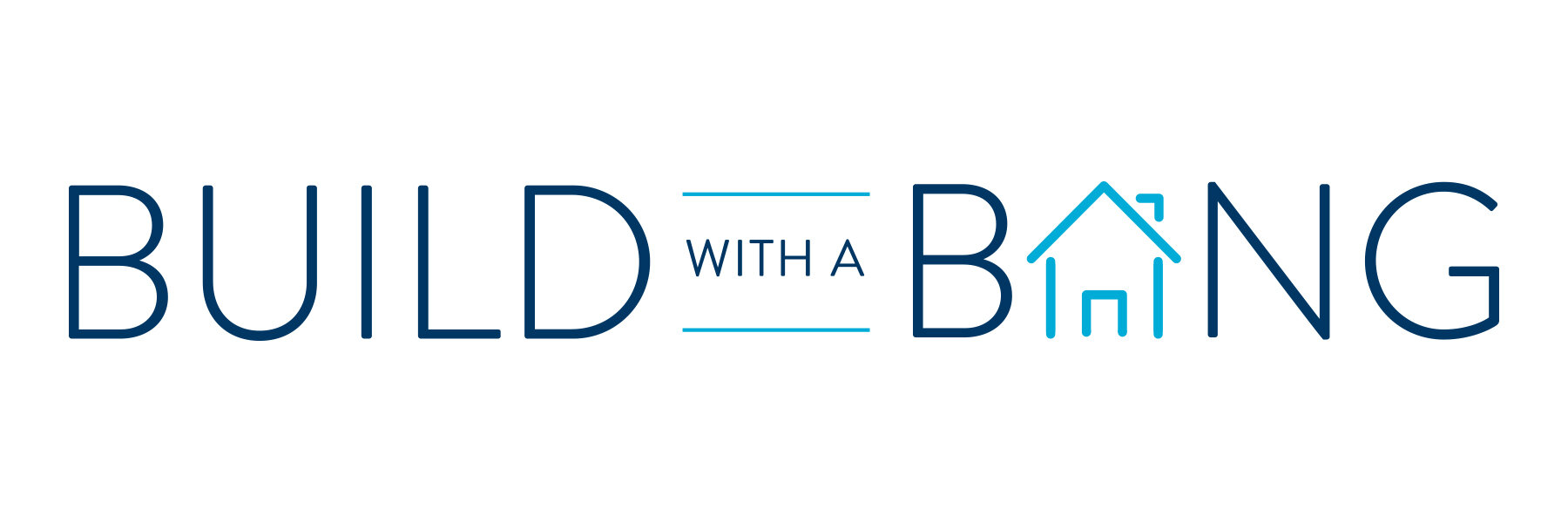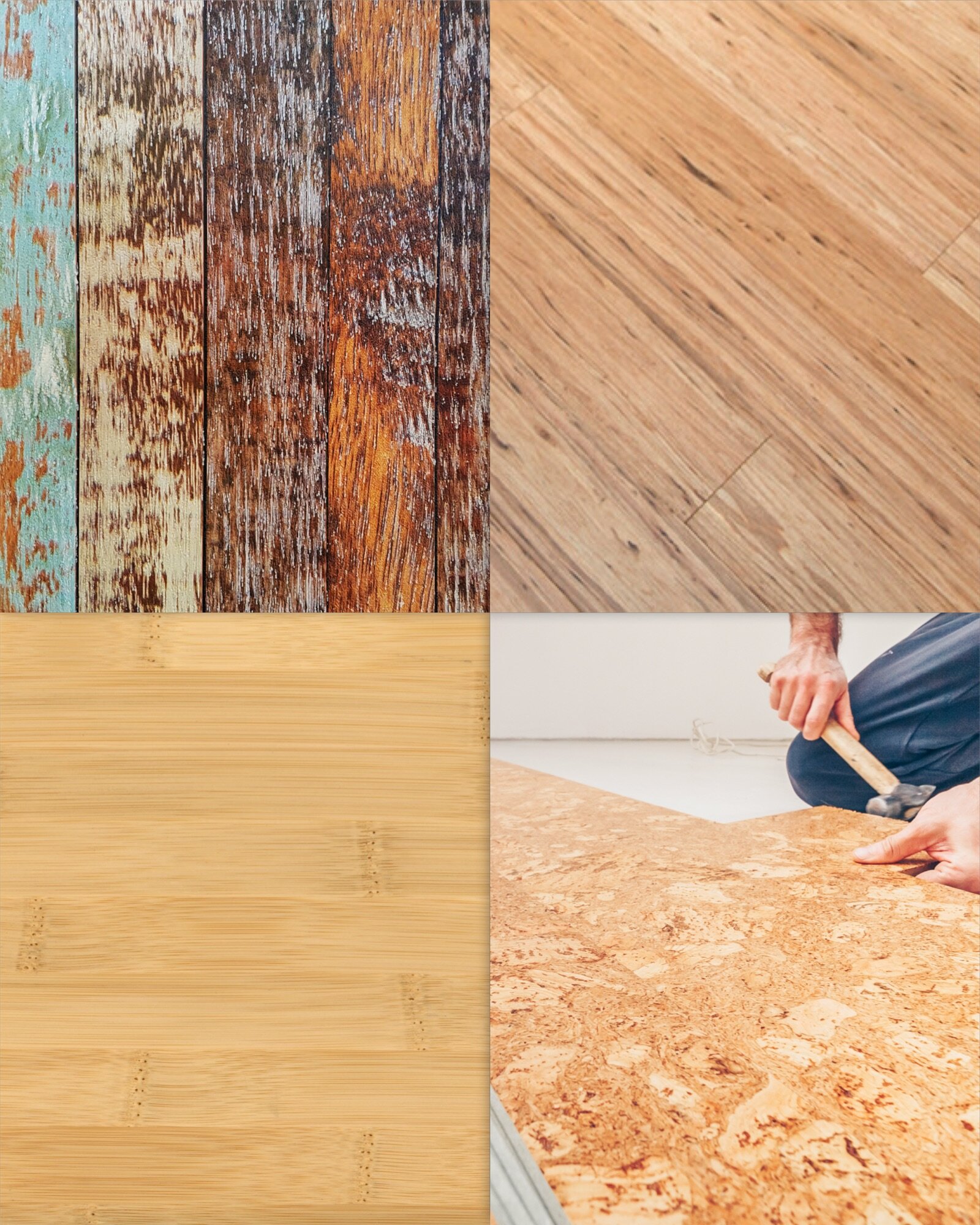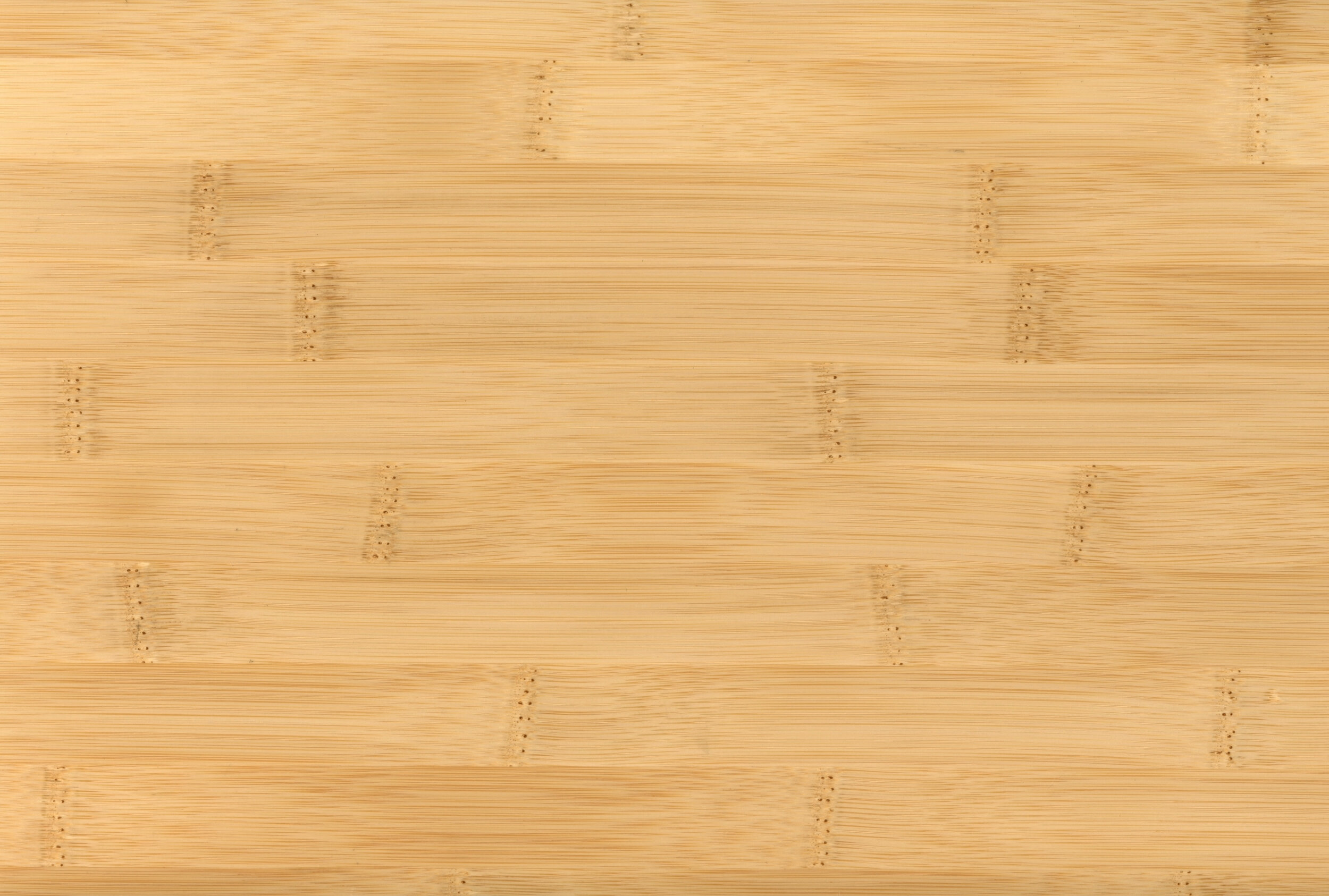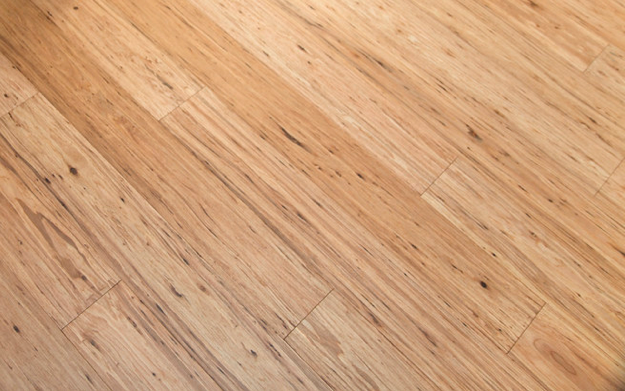4 Stylish Eco Friendly Flooring Choices
Eco-Friendly Flooring Choices: (Top Left To Right) Reclaimed Wood, Eucalyptus, Bamboo, and Cork
Choosing flooring for your home is a big decision. Installing new sustainable flooring in your home can support the environment and be a choice that speaks to your personal design aesthetic.
Keeping the environment, product durability, and homeowner’s health in mind, a sustainable flooring choice can be a responsible one.
With other choices on the market like traditional hardwood, engineered, laminate, vinyl, tile, stone, and carpet at a much lower price point per square foot, it’s important to understand the benefits of naturally occurring, sustainable flooring before you buy. Sustainable flooring can be some of the more expensive choices available on the market, but will boast the resale value of your home quicker than most other options.
Reclaimed wood flooring, bamboo, eucalyptus flooring and cork floor tiles are all sustainable, natural resources - rising to the top as the best eco friendly flooring choices available on the market.
Overall Benefits Of Sustainable Flooring
Harvesting responsibly to preserve natural resources
Limiting carbon emissions by harvesting and milling locally and reducing transportation costs
Extending usefulness by sanding and re-staining rather than replacing with another material
Proper disposal or recycling once it’s lifespan has lapsed
Look for the FSC symbol when you you search and buy your flooring. The Forest Stewardship Council (FSC) is widely know to be the leader in accepted worldwide standards, ensuring that forests are responsibly managed.
Health Benefits
Low VOC Options
There are more low VOC options available to hard wood/natural flooring shoppers. Companies like Green Building Supply offer dozens of options for your home.
Fewer Allergens
Carpet fibers trap dirt, dust, pollen, pet dander, and mites. Dust mites can collect in your carpet causing allergies to flair. Symptoms might include sneezing, coughing, or enflamed eye lids.
The more natural flooring in your home, the fewer of these creatures living amongst you.
No Vacuuming
Vacuuming carpet doesn’t pick up all of the dirt. In fact, in many cases it simply spreads the dust and dirt around to other parts of the home. Naturally occurring flooring product, however, is easy to clean and disinfect lending itself to a healthier environment.
Sustainable Durability
If scratch prevention is important, you should consider reviewing the Janka Hardness scale.
How Does The Janka Test Work?
The Janka test is currently the most accepted way to measure durability for any wood species. The test ranks each species of wood by assigning it a hardness level (or number) based on its ability to resist denting, scratching or marring.
The higher the number assigned to the wood, the harder the wood. Once each wood type has been tested, it’s then ranked on the scale.
The Janka Hardness Scale
The Janka Hardness Scale measures the force needed to drive a steel ball with the diameter of 0.444, exactly halfway into a species of wood
The test requires a 2" × 6" wood block with a thickness of about .6 - .8 centimeters
The test is performed at a 12% moisture content level and using knot-free wood specifically cut from the trunk of the tree
4 Types of Eco-Friendly Flooring
Reclaimed Wood
Photo by Magda Ehlers: Reclaimed Flooring
Reusing or reclaiming previously milled wood for your home is a great way to lower your carbon footprint. Some of the most common types of reclaimed lumber come from old warehouses, crates, barrels, driftwood, and old homes and barns.
It can be refinished any number of ways, adding substance and style to your room.
Cost Range: $5-$15 per square foot depending on the source
Professional Installation Cost: $4-$8 per square foot
Janka Score: Varies depending on the reclaimed species
Reclaimed Wood Options: Unlike newly milled wood, each reclaimed wood plank is unique, consistently offering a one-of-a-kind look. Oldewood has great variety of reclaimed lumber, with dozens of newly refurbished, unique wide plank options.
Bamboo
Photo: Bamboo Is The Most Popular Sustainable Flooring Choice
Although technically a type of grass plant (not wood), it grows faster than trees providing more product in a shorter period of time, requires less water to grow to maturity, continues to grow after it’s harvested, and thrives in areas that are easy to farm.
Bamboo is also one of the hardest, most scratch resistant naturally occurring floors on the market with some of the highest scores on the Janka test.
Cost Range: $4-$10 per square foot
Professional Installation Cost: $4-$8 per square foot
Janka Score: 4000+
Bamboo Alternatives: Bamboo comes in solid wood, strand woven, and engineered styles. Strand woven bamboo flooring compresses bamboo fibers to form an exceptionally strong, ultra-durable flooring product that is 2x stronger than oak. Engineered bamboo includes a layer of strand woven bamboo on the surface of the floor and a base of plywood for stability.
Eucalyptus
Eucalyptus Flooring: A Sustainable Option
Like bamboo, the eucalyptus tree grows quickly, hitting maximum height faster than most other natural flooring product.
Although a bit knotty in visual makeup, it lends a great sense of style to a tropical motif. Stronger than Brazilian Cherry, eucalyptus is also stronger than almost every other naturally occurring hardwood species.
Much like Bamboo, Eucalyptus is one of the strongest naturally occurring floors.
Product Cost: $5-$10 per square foot depending on plank width
Professional Installation Cost: $4-$8 per square foot
Janka Test: 4000+
Eucalyptus Alternatives: Like bamboo flooring, strand woven solid eucalyptus floors are fused strands of eucalyptus pressed together under extremely high pressure and heat. This high pressure helps to form a beautiful eucalyptus plank that's much harder than eucalyptus wood, with a more prominent grain.
Cork Floor Tiles
About: Cork as a flooring product is developed by stripping the bark from the cork oak tree. Since only the bark is peeled from the base of the tree, the bark has the opportunity to grow back. During the harvesting process the tree itself is not harmed, and the bark grows back with enough thickness to be harvested again about every 9 years.
Durability: Although not a “hard” substance, cork is very resilient and quickly bounces back in to place, preventing marks and scuffs from foot traffic and furniture. But it’s quite absorbent, so no bathrooms, and avoid kitchens to avoid mold and mildew. No mopping!
Although Cork is extremely durable, it’s vulnerable to divots from animal claws, sharp objects, and indentations from furniture. It’s one of the least durable, naturally occurring flooring types. If you have small children or pets, this may not be the best option for you.
Product Cost: $4-$10 per square foot
Professional Installation Cost: $4-$8 per square foot
Janka Test: 200+
Cork Alternatives: Wiscanders makes CorkTech using multiple layers of material, including a layer of cork at the core and underlay to provide comfort, impact resistance, noise reduction and natural insulation.





